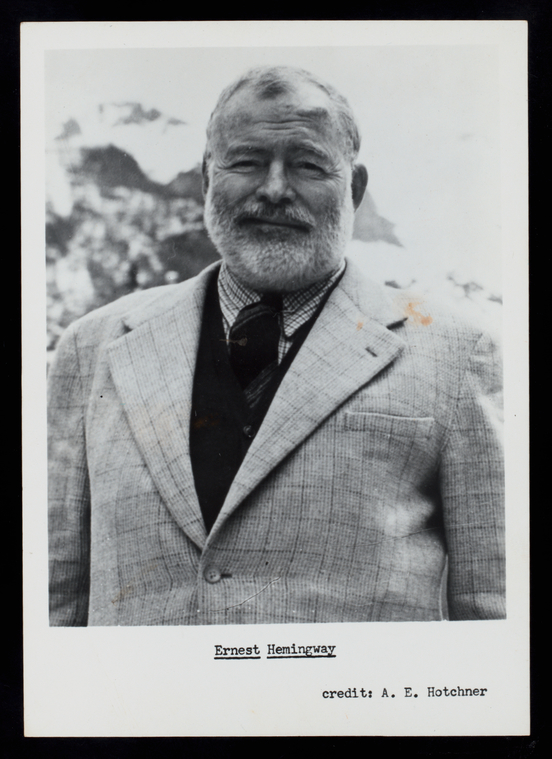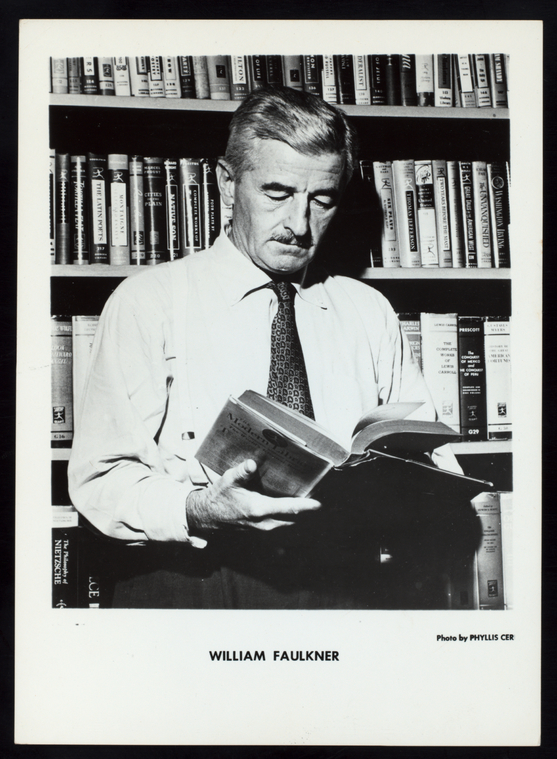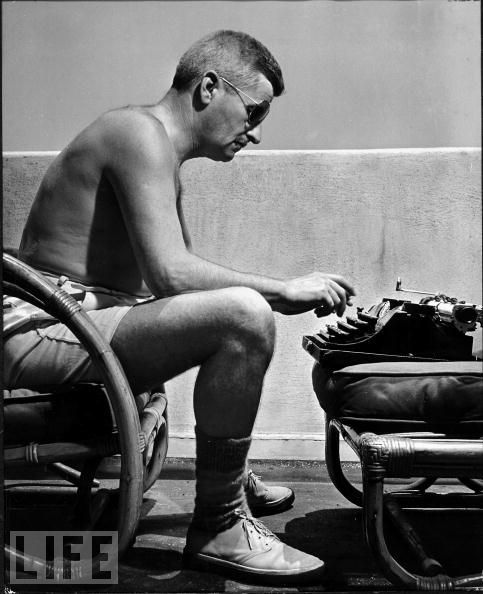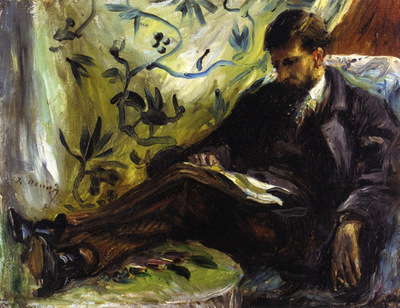I’ve "Quixoted" you to death this week, so today, a “did you know” celebrity fun-fact for a change of pace.
Fact #1: Conan O’Brien is in
Atlanta shooting sketches for a series of Atlanta-based shows to be aired
during Final Four week (The Final Four is in Atlanta this year).
Fact #2: The company I work for
sponsors Conan’s show, and by the fortuitous whim of some corporate sponsorship
genius, he was scheduled to drop by for a townhall meeting Wednesday.
Fact #3: I was among the lucky
attendees at said townhall (lightning fast email responses pay dividends)
Fact #4: Conan is hilarious.
Some of you may not like that fact, but it’s true.
Fact#5, revealed at the townhall, also known as
the Celebrity Fun-Fact: While at Harvard Mr. O’Brien authored a thesis titled “Literary
Progeria in the Works of Flannery O’Connor and William Faulkner.” Here are a
couple excerpts:
“The American South has undergone such a period of self-examination in the early and mid-20th century known as the Southern Literary Renaissance. During the Renaissance, historians, fiction writers, and sociologists began to search for a sense of regional character by sorting through the stories, ideals, legalisms and codes of the Southern experience. The search invariably forced these intellectuals to decide which visions of the Old South to keep, which to abandon, and which to re-write. The answers have varied widely but the essential question has remained the same: How should the South's notion of what it was determine its new identity? The purpose of this thesis is not to find the answer but to examine the power and prevalence of the question.
“W.J. Cash argues that the South is a child, indulging itself with comfortable myths of innocence, while C. Van Woodward maintains the South is a pre-maturely aged region, stripped of its childhood legends by a series of bitter, awakening defeats. Although they disagree, both men associate the South's old myths with the metaphor of childhood. This image seems appropriate because children need to forge a sense of self and they rely heavily on myths for spiritual sustenance. In their years of rapid growth children thirst for beliefs and ideals as a foundation for their newly-forming identity.… “I have found that several Southern Renaissance writers have articulated their regional sense of contradiction through what I have termed literary progeria. Progeria is an often fatal disease that strikes children and ages them pre-maturely. In the works of several Southern writers the child protagonist becomes "old" long before his time because he is tormented by the same anxiety over myth which troubles Cash and Woodward. In an effort to construct an identity the child is drawn to past myths and builds the foundation of his character on archaic beliefs. The result is that this child caries the vast experience of these myths as burden; he or she becomes an "old child" who tries unsuccessfully to reconcile his elderly identity with the modern world. I have found variations of the "old child" who tries unsuccessfully (sic) to reconcile his elderly identity with the modern world. I have found variations of the "old child" symbol in Katherine Anne Porter's _Pale Horse, Pale Rider _ as well as in Caron McCuller's _The Heart is a Lonely Hunter_ and _A Member of the Wedding_, but these authors do not explore the symbol extensively enough to establish its characteristics and thematic significance. Both William Faulkner and Flannery O'Connor do develop the "old child" symbol extensively, however, and although they differ in their specific fictional concerns it is clear that the image emanates from similar regional instinct. Each author places the "old child" in the center of generational argument over the value of past myths and the child, unable to reconcile opposing views, represents experience and thus an anguished state of conflicting loyalties. The extreme generational attitudes towards myth resemble the same extremes Cash and Woodward delineate in their argument over the South's relation to the past. The myth Faulkner's children turn to is the myth of the Old South and his "old children" suffer from a spiritual progeria. O'Connor adds a second layer of significance to the symbol by incorporating the myth of Christian redemption and this increased complexity produces in her children both a spiritual _and_ a physical progeria which borders on the freakish.”




















_05.jpg)





